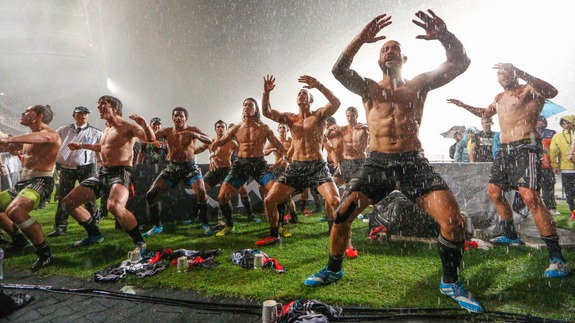 Energy drinks are more popular than ever, especially among athletes. In fact, more than 50% of athletes report consuming energy drinks before training or competitions. The belief is that these energy drinks can give athletes a competitive edge.
Energy drinks are more popular than ever, especially among athletes. In fact, more than 50% of athletes report consuming energy drinks before training or competitions. The belief is that these energy drinks can give athletes a competitive edge.
But is it true? And what are the side effects?
To answer those questions, researchers from Camilo José Cela University published a four-year study that evaluated the pros and cons of energy drinks on athletes. Top athletes from various sports consumed either three energy drinks or three energy drink placebos before competitions. Using GPS, dynamometers and potentiometers, researchers evaluated performance.
According to the data, energy drinks do have a significant positive impact on performance. Overall, athletes were typically able to boost performance by 3% - 7%. They ran further, jumped higher and had more endurance. In competitions where fractions of a second make the difference between winning and losing, the findings are notable.
But it wasn’t all good news. Post competition, athletes who consumed the energy drinks reported higher levels of insomnia, nervousness and stimulation. These side effects are typical for any caffeinated beverage.
It’s also worth noting that energy drinks don’t provide energy. Energy is often measured in calories. One calorie can raise the temperature of one gram of water by one degree Celsius at sea level. In that sense, energy drinks don’t have any more “energy” than other soft drinks. However, due to the concentration of caffeine, energy drinks have an energizing effect.
P.S. If you’re looking to increase muscle size and strength, I recommend downloading Size Matter’s: Davey Wavey’s Foolproof Guide to Building Muscle.









So, what exactly does an image of a New Zealand performing a Haka have to do with this article? Like, at all?
Surely an image of say, an energy drink would have make more sense?
New Zealand rugby team* Sorry. It’s late.